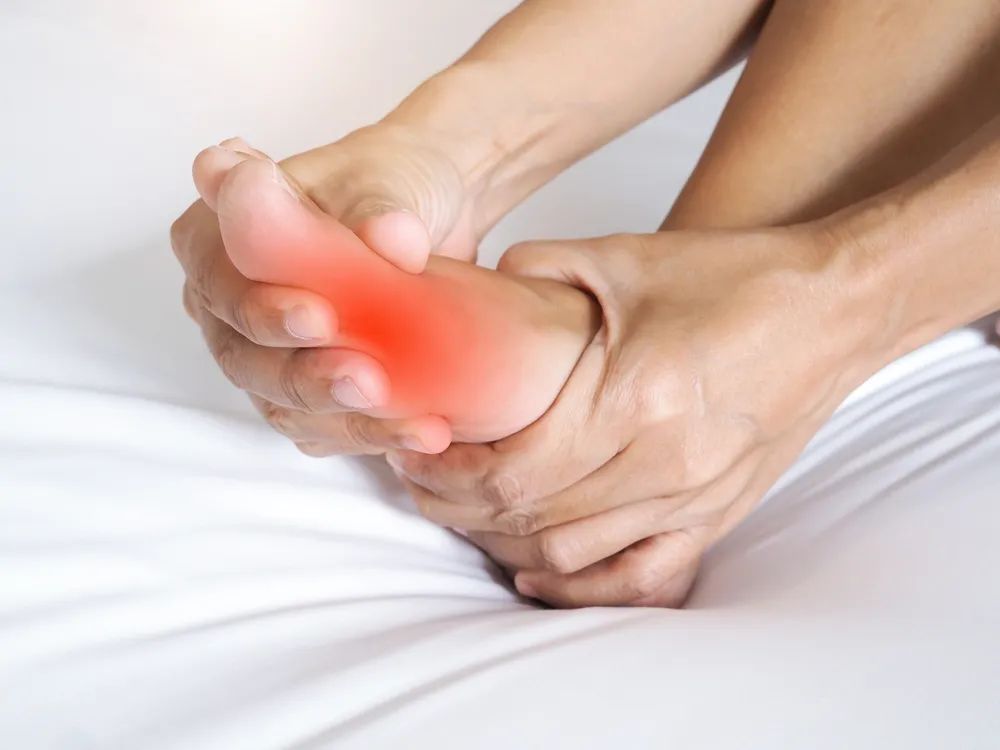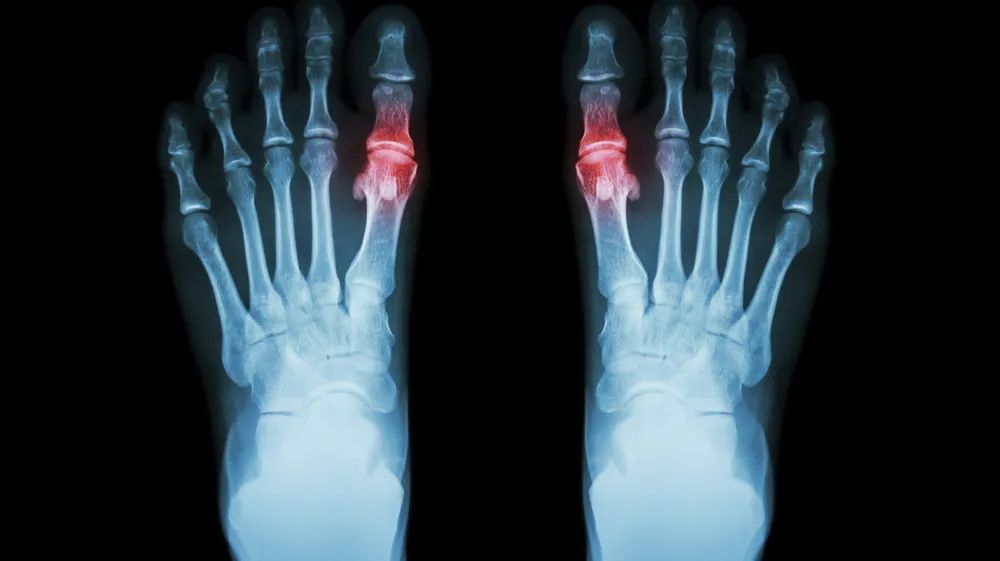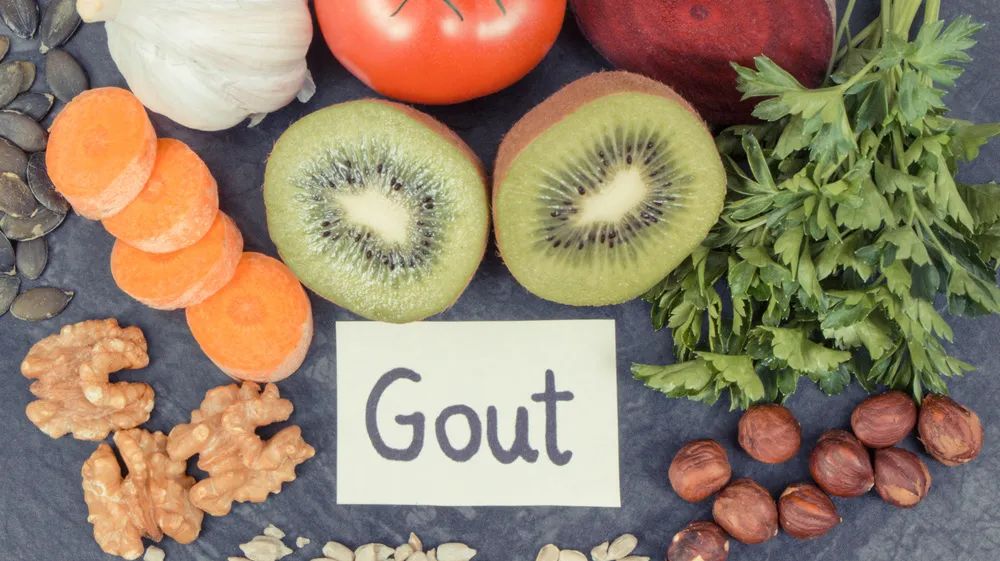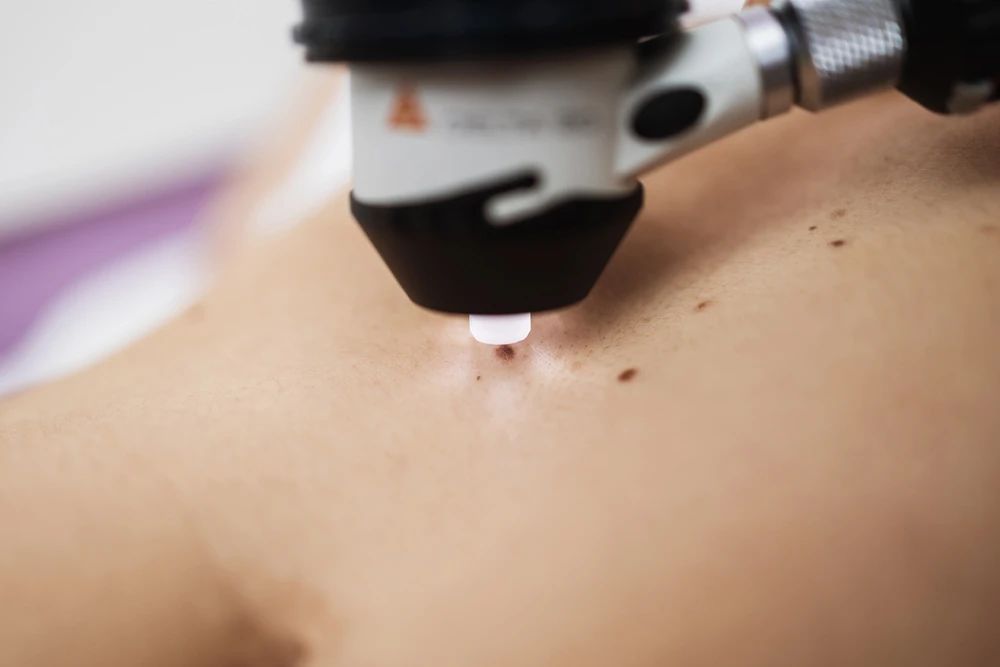How to Prevent Gout
2022-10-25
PARKWAY 百汇医疗 What is gout Gout is a common and complex form of arthritis that can affect anyone. It's symptoms include a sudden, severe attacks of pain, swelling, and inflammation, redness and tenderness in the joints, often the joint at the base of the big toe, along with limited range of motion. Gout occurs when urate crystals accumulate in the joint, causing inflammation and intense pain. Urate crystals can form when there is heightened level of uric acid in the blood. Body produces uric acid when it breaks down purines -substances that are found naturally in the body or in some foods we eat, such as steak, organ meats and seafood. Other foods also promote higher levels of uric acid, such as alcoholic beverages, (especially beer) and drinks that are sweetened with fruit sugar (fructose). Normally, uric acid dissolves in the blood and passes through the kidneys into urine. However sometimes either our body produces too much uric acid, or kidneys excrete too little of it. When this happens, uric acid can build up, forming sharp, needlelike urate crystals in a joint or their surrounding tissue that cause pain, inflammation and swelling. The main factors that increase the uric acid levels in the body include diet, obesity, family history of gout, age and sex (more men than women get gout) in addition medical conditions such as untreated hypertension, diabetes, heart and kidney disease or metabolic syndrome. Prevention of gout Drink plenty of fluids. Stay well-hydrated, mostly by drinking plenty of water. Limit sweetened beverages you drink, especially those with high-fructose corn syrup. Avoid or limit alcohol. Talk with your doctor about whether any amount or type of alcohol is safe for you. Recent evidence suggests that beer may be particularly likely to increase the risk of gout symptoms, especially in men. Get your protein from legumes, eggs and low-fat dairy products. Low-fat dairy products may actually have a protective effect against gout, so these are your best-bet protein sources. Limit your intake of meat, fish and poultry. A small amount may be tolerable but pay close attention to what types — and how much — seem to cause problems for you. Increase the frequency and intensity of your exercise. Exercise not only helps with weight reduction, but it also reduces uric acid levels. Maintain a desirable body weight. Being overweight may lead to insulin resistance that promotes high uric acid levels. However avoid fasting or rapid weight loss, since doing so may temporarily raise uric acid levels. Food to avoid Food high in purines (containing more than 150 – 200mg of purines per 100 grams) may raise your uric acid levels. These include: Organ meats – liver, heart, kidney, and brain Some red meat, specially veal and game such as venison Fish – herring, trout, mackerel, tuna, sardines, and anchovies (except for salmon that contains lower levels of purine compared to other fish). What to eat – what is safe Low purine food (containing less than 100mg of purines per 100 grams) that are generally safe for those who have gout include: Fruits –especially cherries may help to prevent attacks by lowering uric acid levels and could reduce inflammation. Vegetables- Good news is that even high purine vegetables such as asparagus and spinach don’t increase the risk of gout or gout attacks Legumes Nuts Whole grains Dairy products, especially low-fat dairy Eggs Coffee, tea and green tea Herbs and spices Plant-based oils – canola, coconut, olive and flax Parkway China Parkway is part of IHH Healthcare, one of the largest healthcare providers in the world by market capitalization. Its operates 80 hospitals with more than 15,000 beds in 10 countries. Parkway first arrived in China in 2004. In 2006, Parkway opened its first medical center in Shanghai, bringing world-renowned quality healthcare to China. Through the acquisition of World Link Group in 2007, Parkway becomes Shanghai's largest foreign-owned medical network. Parkway China is a leading international healthcare provider. With a team of nearly 100 internationally trained physicians, we now operate 8 medical facilities conveniently located in Shanghai, Chengdu and Hong Kong offering more than 40 specialties. We work closely with the best local hospitals with which we share our knowledge and expertise to ensure the best services possible to our patients. We have established direct billing services with over 50 insurance companies. We provide both outpatient and inpatient care for adults and children. Our services include: Family Medicine, Adult Medicine, Pediatrics, Gynecology, Dentistry, Cardiology, ENT, Gastroenterology, Ophthalmology, Dermatology, General Surgery, Orthopedics & Sports Medicine, Urology, Beauty & Skin Care, Psychiatry, Traditional Chinese Medicine & Acupuncture, Osteopathy, etc.
































